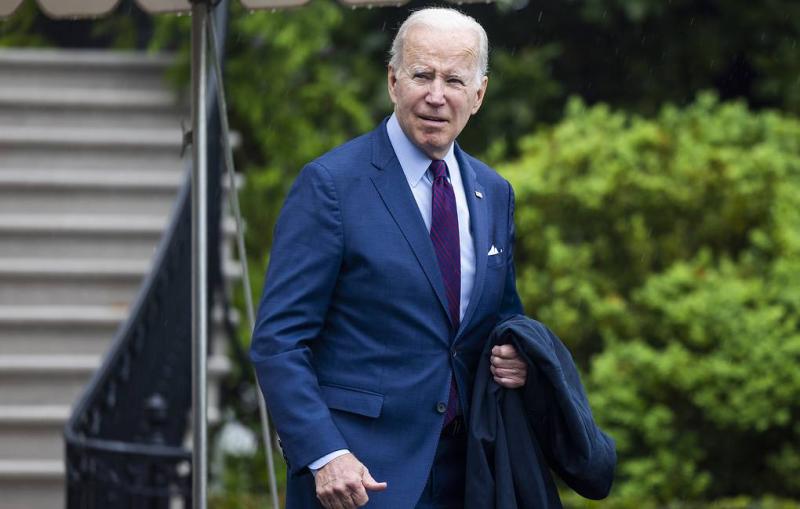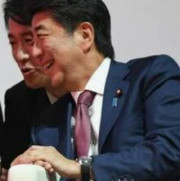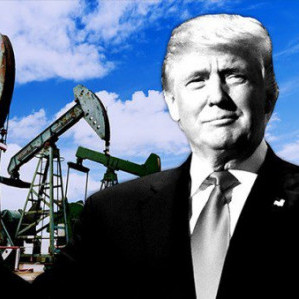
© EPA-EFE/JIM LO SCALZO/POOL/TASS
US President Joe Biden toured the Middle East on July 13 to 16. He visited Israel, Palestine, and ended up in Saudi Arabia. It's no secret that Israel is America's major ally in the Middle East, and the head of the White House has done well in negotiations with the country’s leadership – everything went off as expected. Having met with Israeli Prime Minister Yair Lapid in Jerusalem, Biden urged to extend military assistance to Ukraine. This came in a report by the Axios portal referring to American officials. Until now, Israel has not supplied weaponry to Ukraine.
During US President Joseph Biden's visit to Israel the sides signed the Jerusalem Declaration meant to consolidate the strategic nature of bilateral relations and reflect the allies' commitment to countering Iran’s nuclear program. It also stipulates US liability for preserving Israel's military dominance in the region. However, experts believe this principle may soon sink into oblivion.
After that, Joe Biden went to Bethlehem to meet with Palestinian President Mahmoud Abbas. The previous US administration refused to contact the Palestinians, but today a dramatic difference is observed. In particular, Washington has provided them with financial assistance worth $316 million, of which $100 million will be directed to support hospitals in East Jerusalem. The United States also takes credit for arranging a telephone conversation between Israeli Prime Minister Lapid and Palestinian President Abbas, the first in five years. Frustratingly, the US leader failed to bring new proposals to resume the stalled peace talks with Israel. While meeting with Palestinian President Abbas, Joe Biden acknowledged that an independent Palestinian state remains a long-term horizon, Reuters reported.
Mahmoud Abbas, in turn, reminded Mr. Biden of Palestinian demands as they seek to see East Jerusalem as the capital city of their future independent state, remove the brand of a terrorist group from the Palestine Liberation Organization, and open a representative office in Washington as authorized by the United States. Abbas also accused Biden of prioritizing Israel's integration into a regional security agreement with Arab countries over their concerns, including the ongoing construction of illegal Israeli settlements in the West Bank occupied by Israel since the 1967 war. It wasn’t music to US president’s ears, but "old Joe" might have ignored much of what the Palestinian leader said over his feebleness.
Many analysts agree, however, that the key pillar of Joe Biden's Middle East tour was his visit to Saudi Arabia and Jeddah talks with King Salman bin Abdulaziz Al Saud and Crown Prince Mohammed bin Salman. Notably, Biden's visit took place in the wake of Washington's deteriorated relations with Riyadh. During the 2020 election campaign, Biden himself promised to make the kingdom a pariah state because of human rights violations, and last year he said he loathed to foster dialogue with autocracies like Saudi Arabia. But present-day world has brought up a whole different ball game, forcing Joe Biden to go cap in hand to the Saudis, empowering the critics to accuse him of inconsistency.
President Biden defended himself repeatedly and even wrote a column for The Washington Post to state the following: "This trip comes at a vital time for the region, and it will advance important American interests… We have to counter Russia’s aggression, put ourselves in the best possible position to outcompete China... To do these things, we have to engage directly with countries that can impact those outcomes. Saudi Arabia is one of them."
Bloomberg wrote Biden primarily attempted to convince the Saudi leadership to increase oil production (in order to spite Russia) and thus stabilize the energy market. Pundits are sure all the fuel challenges America currently faces have coincided with the beginning of Biden's presidency, with his first mistake being undermined national energy independence.
In turn, the Saudi side said it would only increase oil production by three million barrels per day (in addition to the 10 million it produces for the time being). A statement to this effect came from Crown Prince Mohammed bin Salman at the opening of the summit of Gulf Cooperation Countries (GCC) and the USA in Jeddah. "The kingdom has announced an increase in its production capacity level to 13 million barrels per day, after which the kingdom will not have any additional capacity to increase production," the Crown Prince said. So far, this is are a mere collection of words, and only time will tell how it all pans out. Experts are sure Riyadh won’t abandon its OPEC+ oil production agreements with Russia, despite President Biden’s begging.
The latter used his visit to Saudi Arabia to emphasize Washington’s important role in the region in the best way possible. Thus, addressing the GCC summit on July 16, the American leader said: "The United States is going to remain an active engaged partner in the Middle East as the world grows more competitive, and the challenges we face more complex… We will not walk away and leave a vacuum to be filled by China, Russia or Iran."
As you can see, the US president could not help mentioning the three countries having a really strong position in the Middle East, which fact haunts Washington’s mind. Meanwhile, Moscow was totally cool about Joe Biden's visit to the region. As Press Secretary of the Russian President Dmitry Peskov said, Russia hopes that Saudi Arabia won’t resort to any steps aimed against Russia.
"We highly value our interests and our interaction with Riyadh. Of course, we hope that the development of Riyadh's relations with other world capitals will not be directed against us," Peskov replied as to whether Washington's oil diplomacy is a threat to Russian interests, given US President’s visit to Saudi Arabia.
Judging by the outcome of Joe Biden's Middle Eastern tour, the American leader has failed to come off with flying colors, which means there is no threat to Russia's interests in Saudi Arabia or the entire region.









